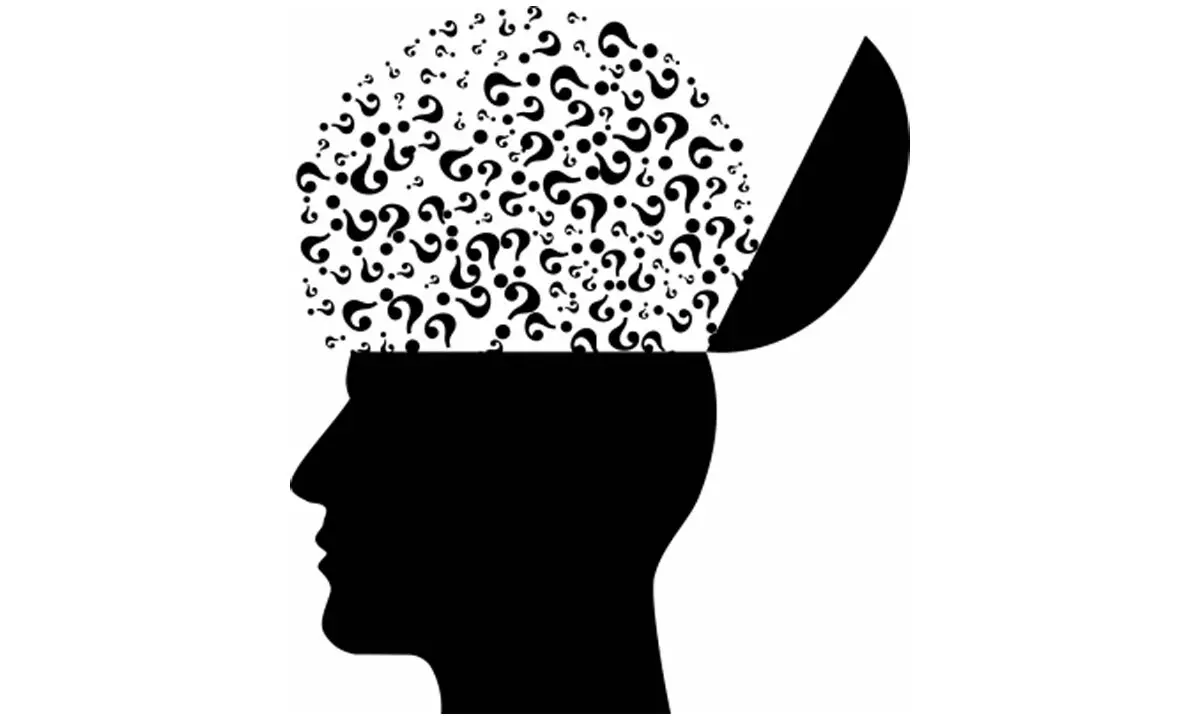New headband to catch early signs of Alzheimer's while you sleep
Share :

US scientists have developed a novel headband that can pick up early signs of Alzheimer's disease, much before symptoms like memory loss start to appear, in sleep.
New York: US scientists have developed a novel headband that can pick up early signs of Alzheimer's disease, much before symptoms like memory loss start to appear, in sleep.
The digital biomarker uses electroencephalography (EEG) that can be recorded from simple headband devices to detect brain wave patterns related to memory reactivation in sleep, which are part of a system that processes memories in deep sleep.
The results, published in the journal Alzheimer's & Dementia: The Journal of the Alzheimer's Association, identifies a relationship between EEG readings and levels of specific molecular changes indicative of presymptomatic Alzheimer's disease.
Additional findings further demonstrate that early stages of mild cognitive impairment due to Alzheimer's disease can be detected in the EEG signals.
"This digital biomarker essentially enables any simple EEG headband device to be used as a fitness tracker for brain health," said Brice McConnell, Assistant Professor of neurology at the University of Colorado Anschutz Medical Campus.
"Demonstrating how we can assess digital biomarkers for early indications of disease using accessible and scalable headband devices in a home setting is a huge advancement in catching and mitigating Alzheimer's disease at the earliest stages."
In the largest study of its kind to date, the researchers analysed data from 205 ageing adults, identifying measurable problems with memory reactivation in association with levels of proteins such as amyloid and tau that build up in Alzheimer's Disease.
"What we found is these abnormal levels of proteins are related to sleep memory reactivations, which we could identify in people's brainwave patterns before they experienced any symptoms," McConnell said. "Identifying these early biomarkers for Alzheimer's disease in asymptomatic adults can help patients develop preventative or mitigation strategies before the disease advances."
Researchers say this is an exciting step towards using wearables as digital biomarkers for disease detection. "We are just scratching the surface with this work, paving the way for affordable and easy-to-use devices to monitor brain health," McConnell said.
"This is proof of principle that brain waves during sleep can be turned into a digital biomarker, and our next steps involve perfecting the process."















